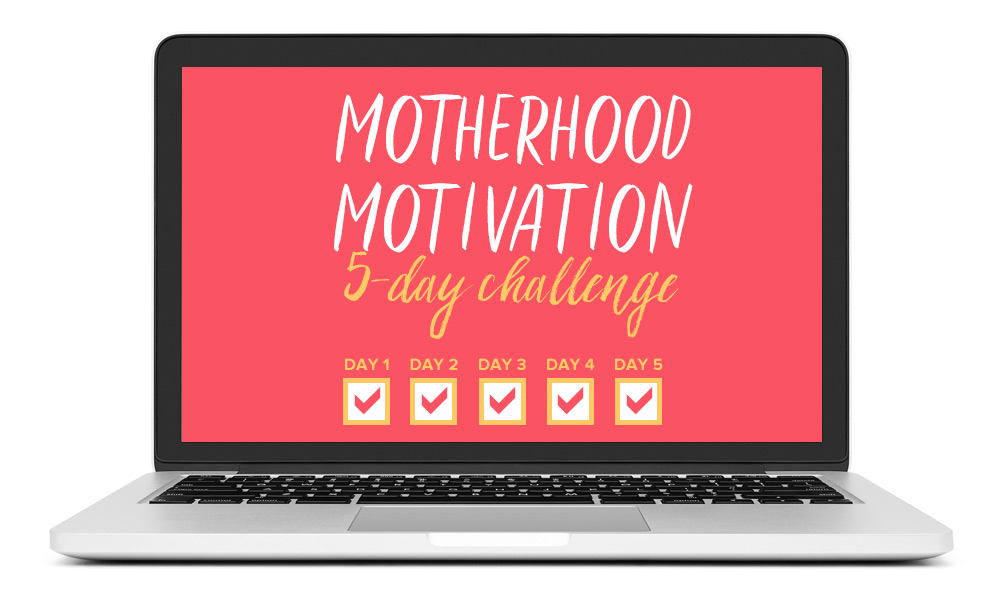6 Reasons Your Baby Is Fussy at the Breast
Breastfeeding can be a challenge for both baby and mom. Learn 6 common reasons your baby is fussy at the breast and tips for how to address them.

Unlatching, arching his back, pushing me away… suddenly, my baby wouldn’t cooperate and breastfeed like he usually would, especially at night.
I knew milk was coming out because I’d see some in his mouth, so I wasn’t sure what the problem could be. Sure, he’d root and open his mouth, but soon after, would shake his head and unlatch yet again. It got to the point where I’d have to spend 15 minutes just calming him down and try over and over.
There was a lot of crying going on—and it wasn’t just the baby. It’s mentally exhausting trying to figure out why your baby is fussy at the breast, considering that breastfeeding doesn’t always come easily. I dug into why this happens and discovered that the reasons weren’t always as obvious as you might think.
If you’re in the same boat, take a look at these 6 reasons and what you can do to turn things around:
Table of Contents
1. Distractions
Want to stop your baby from snacking on the breast and fussing all the while? Consider whether he’s distracted during breastfeeding. This is especially true if you notice that he’s fussy during the day when so much is going on instead of at night.
Other telltale signs include turning his head or looking around the room instead of focusing on nursing. He might start and stop multiple times or even push you away with his arms.
Now that he’s becoming more aware of his surroundings, it’s all too easy for him to get distracted during breastfeeding. Anything from the sound of your phone to noises his siblings make can be all it takes to distract him.
To help him focus, try nursing him alone in a quiet room, perhaps even one with a white noise machine to muffle sounds from outside. Then, position yourself so that he’s facing something subdued, like the wall, instead of something stimulating like the fan rotating.
Free email challenge: Feeling stuck in motherhood? Sign up for the Motherhood Motivation 5-Day Challenge! You’ll get one actionable tip a day that can make you think (and act) about motherhood differently. You’ll also get my newsletters, which parents say they LOVE:
“Thank you so much for these challenges! They have helped tremendously, and we have improved so much in just 5 short days! I look forward to seeing more of your posts and offerings. I have sent out your link to lots of my mom friends, and hoping they tag along!!” -Gabriella P.
2. Fast milk flow
For many moms, a fast milk flow can cause their babies to fuss at the breast. This happens when your milk comes out much faster than what your baby wants or needs. This is especially true if they look like they’re gagging or drowning in more milk than they can consume.
A fast milk flow is often one of the reasons a baby keeps unlatching but is still hungry.
To help slow down the milk, you can hand express or pump a few minutes before you plan to nurse. This can expel some of the initial milk that might come gushing out initially.
Another tip is to try a different position that naturally makes the milk come out slower. For instance, you could sit in a recliner and place your baby on top, or nurse her lying next to you. That way, gravity works in your favor by not making the milk come out all at once.
You can also nurse her initially, then when she starts to fuss, unlatch her from the breast and manually express the excess flow of milk onto a burp cloth or towel.
Other times, it’s not that the milk flow is too fast so much as they’re more interested in comfort nursing (as opposed to consuming milk). If your baby has had her fill and only wants to suck, she might fuss because she doesn’t want to actually swallow the milk coming out.
If this is the case, offering a pacifier as a substitute can allow her to suck and soothe herself. And if she doesn’t take the pacifier, feeding more frequently can empty the breast more than if you fed less often.

3. Low milk supply
Just as a fast milk flow can make your baby fussy at the breast, so can a low milk supply. Imagine your little one hungry for milk only to get upset that it isn’t coming out fast enough. This is especially more common in the evenings when, according to La Leche League, our milk production is at its lowest.
Other reasons that can cause low milk supply include a bad latch, not feeding often enough, and not draining the breast. In other words, anything that can signal to your body to slow milk production.
Since breastfeeding is based on supply and demand, the first goal is to feed frequently so that your body senses that it needs to produce more. Then, make sure to drain each breast so that they can produce even more. And consider pumping after you nurse not so much to have an extra stash of milk but to tell your body to produce more.
Expert tip
Want to know how to increase your milk supply even more? Nurse your baby on one side while simultaneously pumping the other. Then, at the next session, switch sides and nurse her on the side you had pumped and pump on the side she had nursed on earlier. This can trick your body into thinking it needs to produce milk for two.
4. Your baby is tired
As relaxing as breastfeeding can be for both baby and mom, your little one may simply be too tired (or even overtired) to nurse smoothly.
Perhaps you find that she’s fussiest at the breast during those witching hours when you’ve had a busy day and she’s overstimulated by all she experienced. Or she skipped a nap and is too restless to breastfeed the way she usually does.
If so, focus on calming her down if she’s too wired or getting her to sleep if she needs it. Perhaps you’ll take a lap around the house and try breastfeeding again, or put her down for a nap and then feed her after she wakes up. Wrap her in a swaddle, play white noise, or rock her gently to a sleepy state—anything to help her relax and sleep.
And if it’s a pattern where she’s fussy in the evenings because of overstimulation, make your evening feedings as peaceful as possible. You might nurse in a dark room with subdued noise away from the hustle and bustle of the rest of the house. Or you could play calming music and sway in a rocking chair to keep her environment quiet.
5. Excess gas
One of the biggest reasons a baby is fussy at the breast is that he has excess gas that he needs to burp (or fart) out. Despite common misconceptions that only bottle-fed babies consume air during feedings, burping a newborn after breastfeeding is still necessary.
If you suspect that gas is the culprit for your baby’s fussiness, take a break from breastfeeding and spend a few minutes burping him. You might hoist him over your shoulder, sit him on your lap facing forward, or otherwise try different positions to get him to burp.
Even if you don’t feel the need to get an outright burp out of him, you can still take a break, switch sides or feeding positions, walk around the room… anything to get his body somewhat moving or changing enough to push the burp out.
Expert tip
Many parents have found that carrying the baby up and down the stairs can help get a burp out faster. The “thud” of each step almost jolts the excess gas out than simply walking around.

6. Complications
While complications can feel overwhelming and scary, it’s best to find out whether you’re dealing with one sooner than later. They’re rarely resolved with home remedies or on our own, so having a medical professional diagnose one can put your mind at ease.
For instance, I had a case of thrush with my twins that got so bad that I was writhing in pain in a fetal position after each nursing session. There was no way my body would’ve healed on its own, and only through prescription antibiotics was I able to be on the mend.
Another common complication is reflux, which is a likely culprit if your baby arches her back, spits up her milk, or cries during feedings (if there’s no spit up, it’s called “silent” reflux but still irritates the baby).
No matter the reason, excess or sudden fussiness at the breast can call for medical attention, if only to give you answers you need. Don’t disregard concerns you may have and reach out to your doctor with your questions.
Conclusion
As if breastfeeding wasn’t challenging enough, now your baby is fussy at the breast, too. At least now you know a few reasons why this happens and, more importantly, how you can turn things around. No more constant crying—from your or you!
Get more tips:
- 5 Reasons Your Newborn Is Constantly Hungry and Crying
- 5 Reasons Your Baby Is Kicking While Breastfeeding
- What to Do When Your Baby Wants to Breastfeed Constantly
- How to Get Your Baby to Open Wide for a Latch
Don’t forget: Join my newsletter and sign up for the Motherhood Motivation 5-Day Challenge today—at no cost to you:

